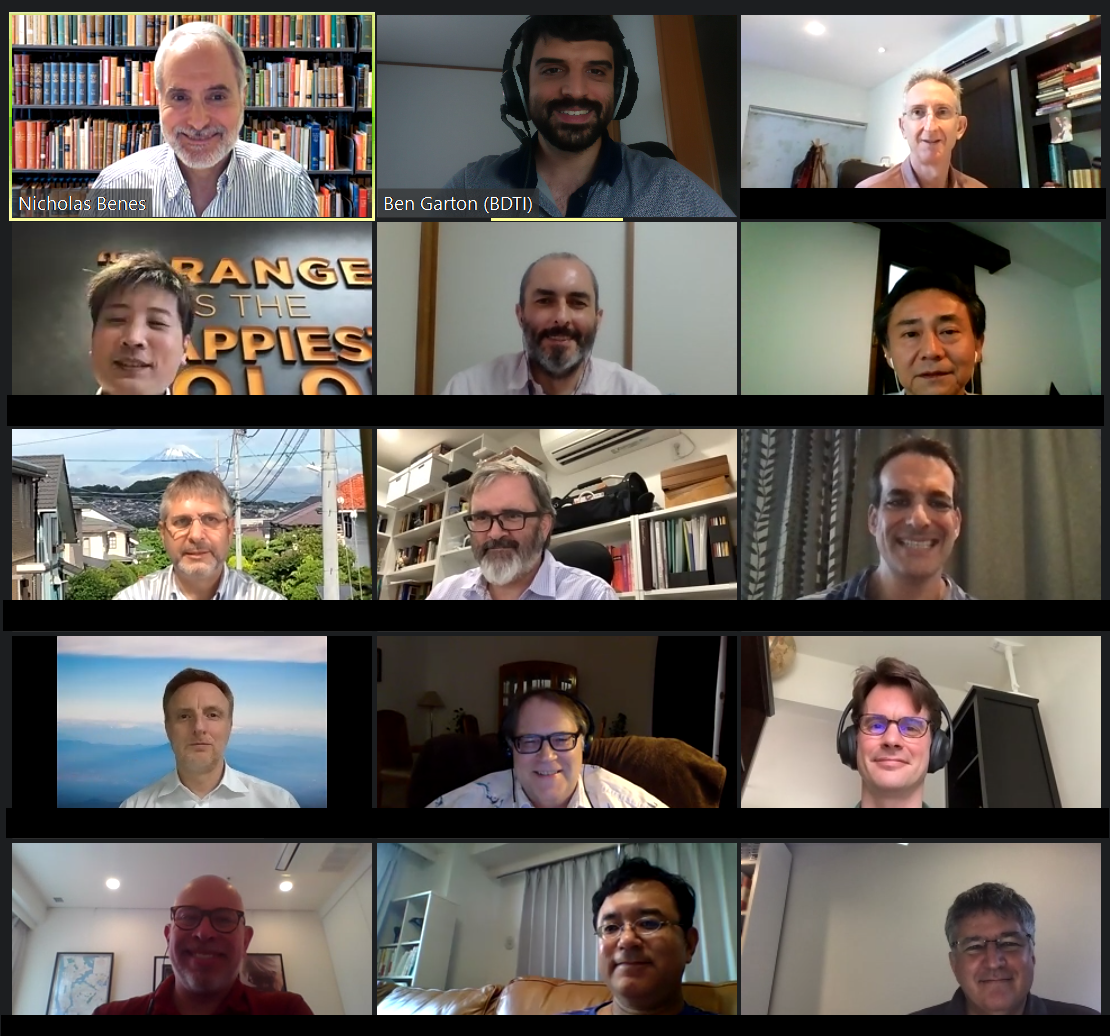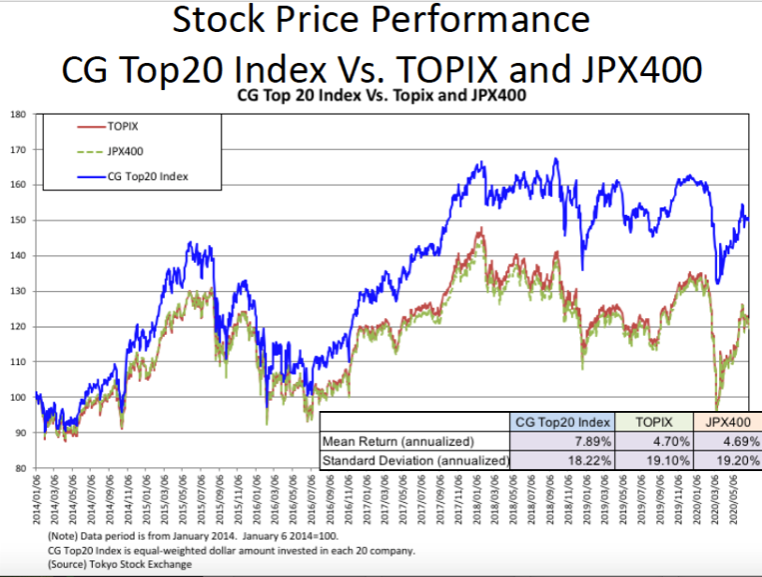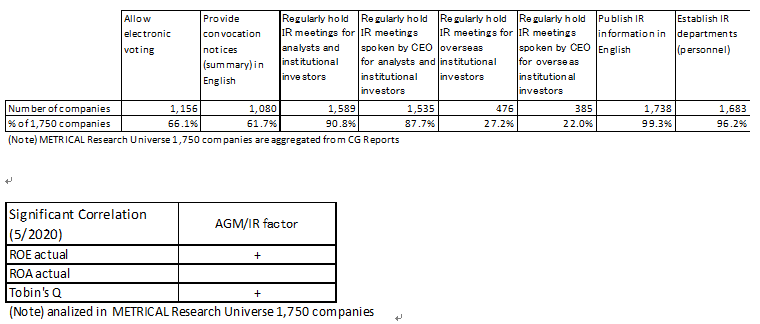“We are faced with a time of great change, as exemplified by the development of digital transformation (DX), changes in the socioeconomic structure, an increasing sense of crisis regarding global environmental issues, and changes in people’s mindsets. To seize these changes as an opportunity to achieve medium- to longterm economic growth and build a sustainable, human-centered society, the realization of “Society 5.0 for SDGs”—a concept originating in Japan—holds the key. Therefore, we conducted joint research toward the realization of Society 5.0 for SDGs with three parties representing the Japanese business community, academia, and investors, namely Keidanren, the University of Tokyo, and the GPIF. In the joint research, a series of discussions have been held with the shared recognition of the importance of stable medium- to long-term funding for companies, universities, and start-ups promoting problem-solving innovation for the realization of Society 5.0 for SDGs.
Accordingly, we have set an aim of realizing Society 5.0 and achieving SDGs by identifying the trend of now globally expanding ESG investment, further evolving it, and connecting it to the promotion of investment in problemsolving innovation. We then examined measures to achieve the aim. Specifically, we established four themes to promote investment in problem-solving innovation, and conducted research on specific initiatives of each player. At the end, through these discussions, we present a future action plan of the three parties for the realization of “Society 5.0 for SDGs.”








